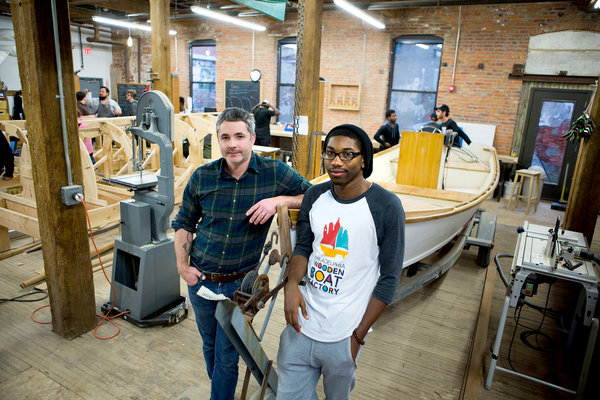PHILANTHROPISTS have poured millions of dollars into improving education in the United States — paying for new buildings, buying new computers and even creating new charter schools.
Susan Crown, a member of the billionaire Crown family of Chicago, is trying something different. Two years ago, she began working with organizations that seek to foster character traits like grit, empathy and perseverance, which studies show can be determinants of future success.
But financing organizations that focus on social and emotional learning programs for disadvantaged children was just part of the effort. Ms. Crown said she also wanted to go deeper into understanding why some organizations succeeded so well.
“This is my second chapter of foundation life,” Ms. Crown said. “It’s the exact opposite of my first chapter, which was widespread, very regional, not terribly strategic. There were a million moving pieces. This is a very focused, intentional, high-risk program.”
After examining hundreds of applications, she picked eight organizations to support and study as part of what she called the Susan Crown Exchange.
The organizations each received $100,000. In return, she asked them to gather three times over the two-year period of the grant to dissect what they were doing and why it had proved successful. Her goal was to find the secret sauce and reveal it to other organizations trying to do similar work.
The organizations selected for the program do not offer typical after-school programs. One brings teenagers together to create, write, produce and act in musicals with themes like sexual abuse, bullying and urban violence. Another teaches inner-city students how to build wooden boats.
Yet these programs seemed to be improving the lives of the small number of participants they served. How were they doing it, and could it be replicated?
Yamir Jackson-Adens, 18, began going to the Philadelphia Wooden Boat Factory in eighth grade. Living in a poor section in the northeast part of the city, he said he had been bullied in elementary school, and he was still shy. The boat program intrigued him, even though he knew no one who owned a boat.
“In boat building, you learn stuff,” Mr. Jackson-Adens said. “You’re free to move. You don’t have a whole lot of restrictions. It’s more of a trial-and-error kind of thing. You learn from those mistakes. In school, if you fail, you’ve failed.”







